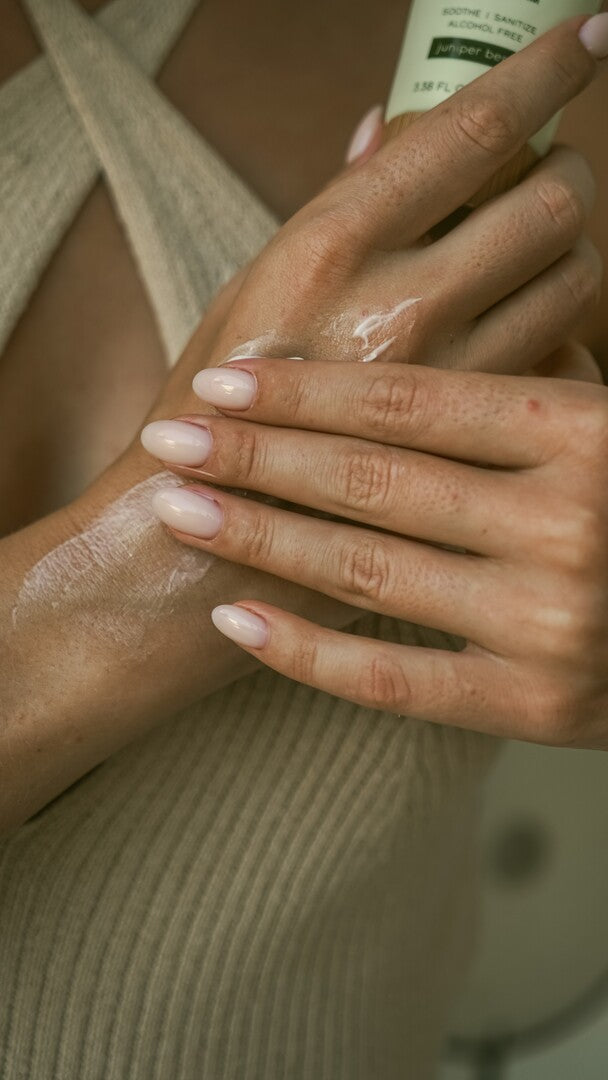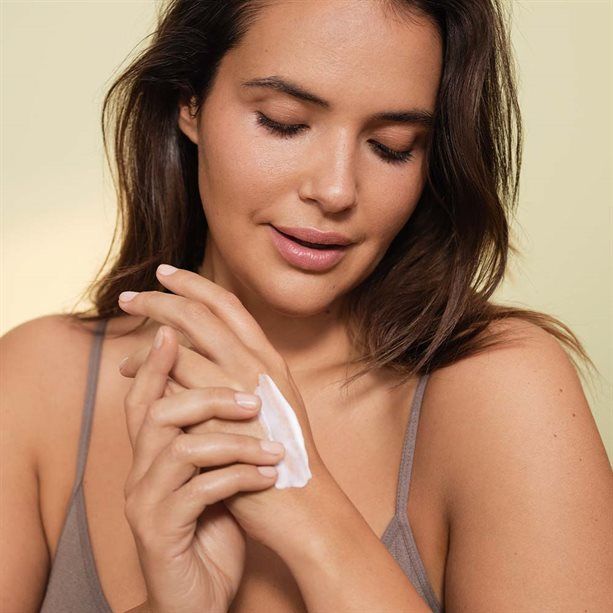Eczema Relief: Best Practices for Managing Dry Skin

Living with eczema can be challenging. The dryness, itching, and redness associated with this condition not only affect your comfort but can also impact your quality of life. Eczema, also known as atopic dermatitis, is a chronic skin condition that causes inflammation and disrupts the skin’s ability to retain moisture. While there is no permanent cure, effective management can provide much-needed relief and prevent flare-ups. In this post, we’ll explore the best practices for managing dry skin and keeping eczema symptoms under control.
Understanding Eczema and Dry Skin
Eczema is more than just dry skin. It is characterized by inflammation, itchiness, and cracked patches, which can worsen with exposure to irritants, allergens, or environmental factors such as cold weather. A compromised skin barrier is at the root of eczema flare-ups. The barrier, which protects the skin from moisture loss and irritants, becomes weakened, leading to dryness and irritation. The key to eczema relief lies in restoring and maintaining the skin’s barrier and ensuring adequate hydration.
Best Practices for Managing Eczema and Dry Skin
1. Use Moisturizing Creams and Lotions Regularly
The foundation of eczema management is proper moisturization. Applying a rich moisturizer helps restore the skin barrier, locking in moisture and preventing further dryness.
- Best Time to Moisturize: Apply moisturizer immediately after showering or washing your hands to trap moisture in the skin.
- Ingredients to Look For: Choose products containing ceramides, hyaluronic acid, glycerin, or shea butter. These ingredients replenish moisture and strengthen the skin barrier.
- Barrier Remedy Tip: Consider using Barrier Remedy’s moisturizing hand cream, which combines hydration and skin-soothing ingredients to relieve dryness and restore comfort.
2. Avoid Triggers That Aggravate Eczema
Understanding your triggers is essential for managing eczema. While each person’s triggers may vary, some common ones include:
- Harsh soaps and detergents
- Fragrance or alcohol-based products
- Allergens such as dust mites, pet dander, or pollen
- Extreme temperatures and humidity changes
Best Practice: Choose fragrance-free and hypoallergenic skincare products. Use gentle, alcohol-free sanitizers, such as those from Barrier Remedy, to sanitize your hands without causing irritation.
3. Use Lukewarm Water for Bathing
While a hot shower feels soothing, it can actually strip the skin of natural oils and worsen eczema symptoms. Stick to lukewarm water when showering or bathing, and keep baths short (no more than 10-15 minutes).
- Best Practice: Use a mild, fragrance-free cleanser to avoid further irritation.
- Post-Bath Tip: Pat your skin dry with a soft towel (don’t rub!) and apply moisturizer while the skin is still damp to lock in moisture.
4. Apply an Occlusive Layer for Nighttime Care
For those with severe dryness or cracked skin, using an occlusive layer—a product that seals in moisture—can provide deep hydration overnight. Products like petroleum jelly or thick balms can be applied as a top layer over your regular moisturizer.
- Best Practice: Cover your hands with cotton gloves after applying an occlusive layer to prevent product transfer and enhance absorption overnight.
5. Keep Your Environment Moisturized
During winter or in dry climates, the low humidity can cause the skin to lose moisture rapidly, making eczema worse. Using a humidifier helps maintain moisture in the air, which can prevent your skin from drying out.
- Best Practice: Place a humidifier in your bedroom or workspace to keep the air moist, especially during the winter months when indoor heating can dry out the skin.
6. Wear Gentle, Breathable Fabrics
The clothes you wear can have a significant impact on your skin. Some fabrics, such as wool or synthetic materials, can irritate the skin and trigger flare-ups.
- Best Practice: Opt for soft, breathable fabrics like cotton or bamboo that are less likely to cause friction or irritation.
- Laundry Tip: Use a fragrance-free and hypoallergenic detergent to prevent allergic reactions.
7. Manage Stress Levels
Stress doesn’t just affect your mental well-being—it can also trigger eczema flare-ups. Research shows that stress can impair the skin’s ability to function as a barrier, leading to dryness and irritation.
- Best Practice: Incorporate stress management techniques like yoga, meditation, or journaling into your daily routine.
- Barrier Remedy Tip: Turn your skincare routine into a relaxing ritual. Applying a soothing hand cream or lotion mindfully can provide a moment of calm during a busy day.
8. Use Gentle, Non-Irritating Hand Care Products
Your hands are exposed to the elements and irritants throughout the day, making them prone to dryness and eczema flare-ups. Frequent handwashing, while essential for hygiene, can strip away moisture from your skin.
- Best Practice: Use a moisturizing, alcohol-free hand sanitizer throughout the day to keep hands clean without drying them out.
- Barrier Remedy’s Solution: Our sanitizing hand cream is designed to kill germs while nourishing your skin, providing both protection and relief for dry, eczema-prone hands.
9. Treat Flare-Ups with Medicated Creams
If your eczema becomes inflamed or severe, over-the-counter or prescription-strength topical corticosteroids may be needed to manage flare-ups. Speak with a healthcare professional to find the right treatment for your condition.
- Best Practice: Use these creams only as directed to avoid side effects. Once the flare-up subsides, return to your regular moisturizing routine to maintain the skin barrier.
10. Stay Hydrated and Eat Skin-Friendly Foods
Healthy skin starts from within. Drinking plenty of water helps keep your skin hydrated, while certain foods can help reduce inflammation and promote healing.
- Foods for Skin Health: Incorporate foods rich in omega-3 fatty acids (like salmon and walnuts), vitamin E(found in almonds and spinach), and antioxidants (in fruits and vegetables).
- Best Practice: Avoid foods that trigger inflammation, such as processed snacks or sugary treats, which can worsen eczema symptoms.
Conclusion: Building a Routine That Works for You
Managing eczema requires a combination of hydration, protection, and prevention. By building a daily skincare routine that focuses on moisturization, using gentle products, and avoiding triggers, you can significantly reduce symptoms and improve the condition of your skin.
Barrier Remedy’s moisturizing and sanitizing hand creams are formulated with eczema sufferers in mind. Our products deliver deep hydration, restore the skin barrier, and provide relief from dryness—all without irritating your skin. With the right care, you can manage eczema effectively and enjoy softer, healthier skin.



